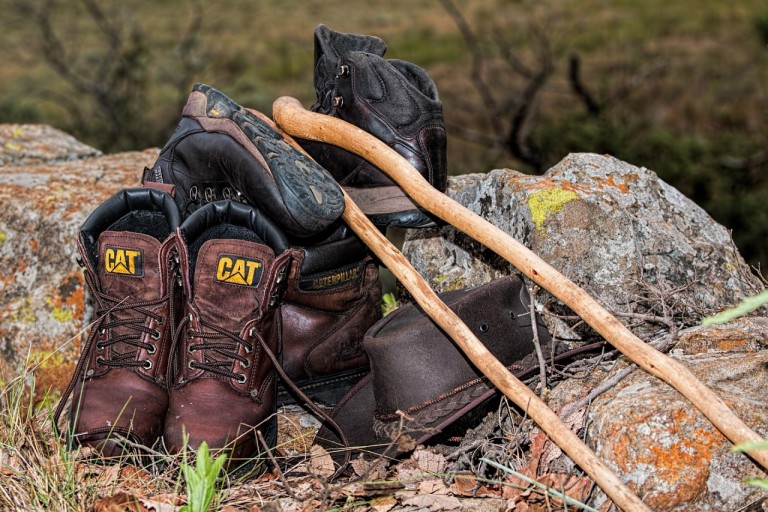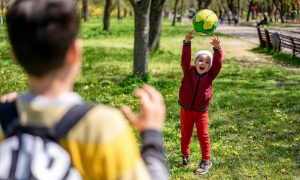Reading reports on the worst gang-rape yet in Malaysia sends chills down my spine. The thought of two teenage girls sexually violated by almost 40 men until they passed out makes me sick to the stomach. I’m certain I’m not the only one who reacts this way. Every parent, teacher and educator who cares about children, youths and the future generation will recoil with horror and revulsion at the brutality and viciousness of it all.
More than ever, we parents, teachers and educators need to acknowledge how important it is to train our children how to make wise decisions that are more likely to keep them safe and sound.
Here are some ideas you could teach the children under your care:
If in doubt, don’t. We all have an internal GPS, an intuition that might just tell us whether we should do something or not. In the absence of anything else, tell your children to listen to this little voice and just say “NO” to invitations and the like, without having the need to feel obliged to explain themselves. Besides, decisions that are not thought through are likely to lead to something negative and regrettable.
You can’t, and don’t have to please everyone. Teenagers have a need to be accepted by their peers, but tell them that being popular and having lots of friends is not a measure of success. One good friend you can depend on is worth a hundred.
Surreptitiously sneaking out is wrong. This might sound old-fashioned, but yes, teenagers should definitely be asking for permission to go out, especially if it’s with someone they are unfamiliar with, to a town half-an-hour’s ride away!
Show your children how to choose friends carefully. It’s easier with younger kids. You can discourage a friendship because so-and-so is rude or nasty. But with teenagers, you need to be tactful. Guide them. If you are concerned about the kind of people your teenagers associate with, perhaps you can make a comment or two about your own friends, in a relaxed setting, how they influence the way you think, feel and behave, without even referring to your teenager’s friends. What you say and do will naturally set them thinking about their own friends.
Create an environment of mutual trust, where your teenager feels safe to talk to you, where you become their main reference point.
Do not over-react when they make mistakes, or they might never own up in future. Recognise the good that they do. Encourage them to repent, change for the better and start over.
Last but not least, realise that adolescence is a time when teenagers’ curiosity about their bodies and attraction for the opposite sex is at an all-time high. This is why it’s so important to train them to think of the future, to help them develop worthy goals, to think beyond themselves. The more time and energy they spend on worthwhile initiatives, the less likely they will get into trouble.









